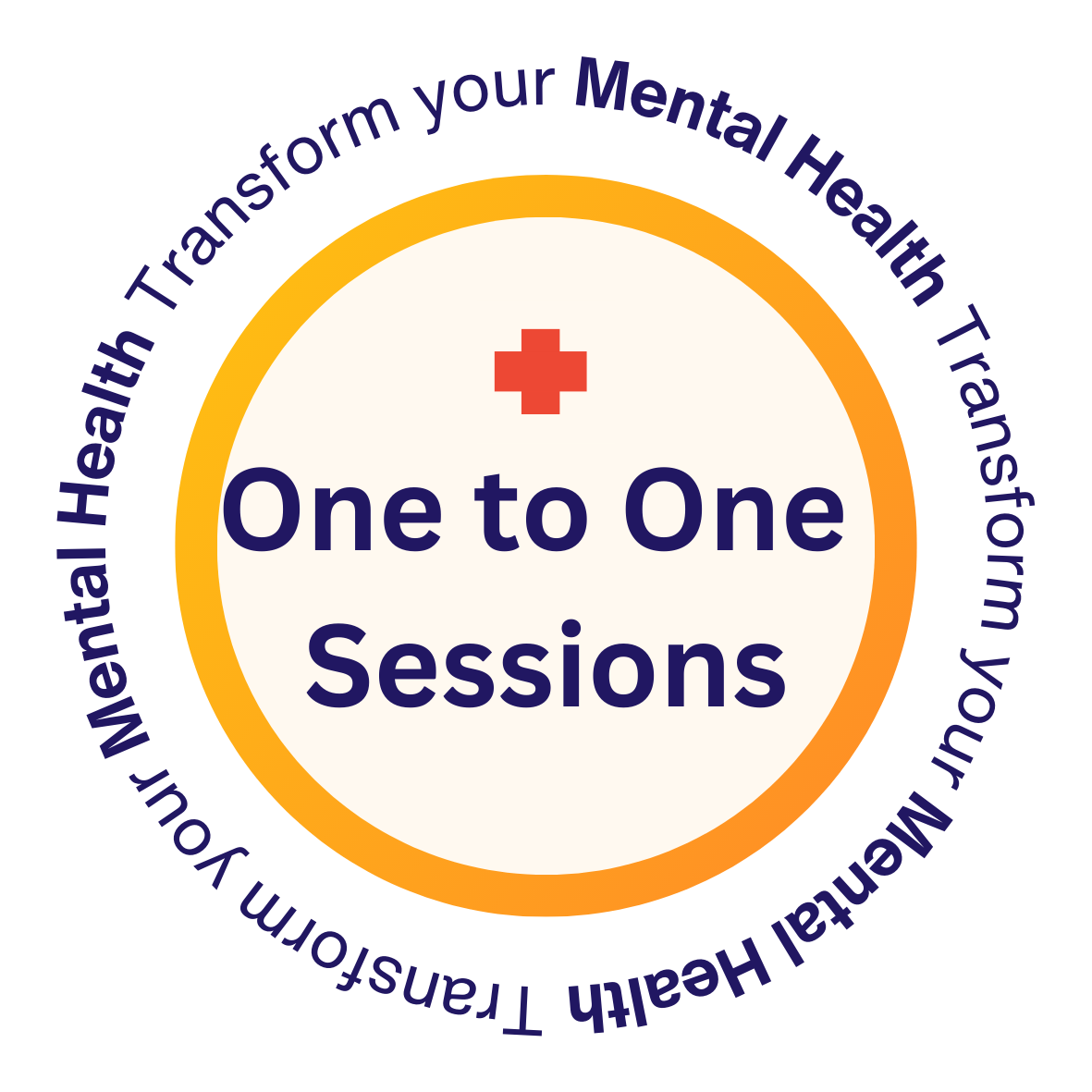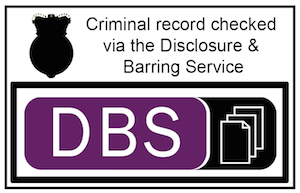
Mark Creer-Thornton
UK - East Midlands
07821 569844
As a former military person, I have developed my therapeutic practice into specialising in working with those who have trauma and PTSD (Post Traumatic Stress Disorder). I understand PTSD from observing my colleague’s changes in behaviour when returning from intense situations.
It is always the way in the military to hide and bury emotions deep within. Whether it is a year down the line, or 20+ these emotions will surface and will manifest themselves in different ways.
PTSD has become more prevalent in recent years and manifests itself through:
- Anxiety disorders – Intense feelings of fear and worry that prevent you from taking action.
- Flashback and nightmares – Reliving all, or part of distressing images or sensations.
- Survivor guilt – Surviving a life-threatening situation when others did not.
- Dissociative disorder – Feeling disconnected from yourself and the world around you.
- Hyperarousal – Left feeling anxious and distressed.
Of course, PTSD is not just about people in the military trauma is brought about by different types of violence such as:
- Abuse and neglect.
- Different types of assault.
- Serious health problems.
PTSD is estimated to affect about 1 in every 3 people (this is not age-discriminatory) who have a traumatic experience. Ignoring the symptoms of PTSD could lead to long-term depression, anxiety, and possible drug and alcohol abuse. I know from personal experience that in many cases it can be fatal and I have lost many close friends through the years.
Feeling alone does not mean that you are alone. Relating back to the forces how hard is it to try and explain to someone how you felt in a certain situation if they haven’t been in that situation themselves?
‘A picture is worth a thousand words’
To hear what you heard, to see what you saw, and feel the emotions you felt. These are buried deep inside but don’t want you to forget so keep reminding you. Eventually, the memories become uncontrollable and take over.
How would it feel to change my life around?
At the moment that may feel impossible. Wanting to change how you feel is all you need, it is the beginning and a positive way to a better life. Not wanting to change and allowing it to continue will have a negative effect and you may be consumed.
How do we help?
In my coaching practice located in Nottinghamshire, I provide a complimentary online 30-minute online coaching consultation for my clients. During this session, we will address the obstacles you are facing and develop a personalized coaching session plan to help you regain your momentum.
Each person is an individual and may have different needs as far as getting to where they want to be. By using a mixture of Cognitive therapy and NLP (Neuro-Linguistic Programming) we will explore together your dark and happy thoughts to work towards a positive and sunny life.
‘In the night desert of conflict, the tragedy of cruelty and pillage was both sad and tense. Then in the day, a mirage reflected warmth and light as the Viking longship lifted from the oasis and sailed away leaving peace and harmony.’
How Can Our Therapy & Coaching Help You?
NLP therapy, or Neuro-Linguistic Programming therapy, is a powerful approach that can help individuals transform their thoughts, emotions, and behaviours. It is a form of psychological counseling that focuses on the connection between our neurology (how our brain works), language (how we communicate with ourselves and others), and programming (the patterns of behavior we have learned).
NLP coaching can assist individuals in various ways. Firstly, it helps people gain a deeper understanding of their own thought patterns and belief systems. By identifying and challenging negative or limiting beliefs, individuals can reshape their thinking and create more positive and empowering beliefs.[Read More]
NLP therapy, or Neuro-Linguistic Programming therapy, is a powerful approach that can help individuals transform their thoughts, emotions, and behaviours. It is a form of psychological counseling that focuses on the connection between our neurology (how our brain works), language (how we communicate with ourselves and others), and programming (the patterns of behavior we have learned).
NLP coaching can assist individuals in various ways. Firstly, it helps people gain a deeper understanding of their own thought patterns and belief systems. By identifying and challenging negative or limiting beliefs, individuals can reshape their thinking and create more positive and empowering beliefs.
NLP can equip individuals with effective communication skills. It helps improve interpersonal relationships by enhancing one's ability to understand and connect with others. By learning to communicate more effectively, individuals can build healthier and more satisfying relationships.
Coaching and therapy with NLP aids in managing emotions and promoting emotional well-being. It provides techniques for regulating emotions, overcoming fears and phobias, and reducing anxiety and stress. Through NLP techniques such as anchoring and reframing, individuals can reframe negative experiences and develop more resourceful emotional states.
Moreover, NLP coaching can be helpful in overcoming unwanted habits or behaviours. By identifying the triggers and patterns associated with these behaviours, individuals can learn strategies to break free from them and develop healthier habits.
Our therapy offers a holistic and practical approach to personal growth and transformation. It can help individuals gain self-awareness, improve communication, manage emotions, and overcome unwanted behaviours. With the guidance of a skilled NLP therapist, individuals can tap into their full potential and live a more fulfilling and empowered life.
Our practitioners are often trained in other disciplines such as Counselling, Cognitive Behavioural Therapy (CBT), psychology, and Integral Eye Movement Therapy (IEMT) are all different approaches to understanding and addressing mental and emotional well-being.
Counselling is a broad term that refers to the process of providing guidance and support to individuals facing personal, emotional, or psychological challenges. Counsellors provide a safe and confidential space for individuals to explore their thoughts, feelings, and concerns. They use various therapeutic techniques to help individuals gain insight, cope with difficulties, and make positive changes in their lives.
CBT, or Cognitive Behavioural Therapy, is a specific type of counselling that focuses on the connection between our thoughts, emotions, and behaviours. It is based on the idea that our thoughts influence our feelings and actions. CBT therapists work with individuals to identify and challenge negative or unhelpful thought patterns and replace them with more positive and constructive ones. This approach can be effective in treating a range of mental health conditions, including anxiety, depression, and phobias.
Psychology is the scientific study of the mind and behaviour. Psychologists use various research methods and theories to understand how people think, feel, and behave. They apply this knowledge to help individuals improve their mental health and well-being. Psychologists may use different therapeutic approaches, such as counselling, CBT, or other evidence-based treatments, depending on the needs of their clients.
IEMT, or Integral Eye Movement Therapy, is a relatively newer therapeutic approach that focuses on resolving emotional issues by working with eye movements. It involves guiding clients to move their eyes in specific patterns while recalling and processing distressing memories or emotions. IEMT aims to create new insights and release negative emotional patterns associated with past experiences. It can be particularly helpful in addressing trauma, phobias, and emotional disturbances. [Read Less]
Treatments Offered:
- Adult ADHD
- Adult ASD
- anger management
- Anxiety
- Behaviour
- Childhood trauma
- Communication Skills
- Concentration
- Dealing with Stress
- Depression
- Disorders
- Emotions
- Fear or Phobias
- Improving Lifestyle
- Neurodiversity challenges
- Past Trauma
- PTSD
People Building Programmes Provided
FREE PHONE CONSULTATION
Enter your details below and we'll call you back for a FREE phone consultation.
Areas Covered: Nottinghamshire
Registered Office:
Nottinghamshire
Telephone Number: 07821 569844
Mark Creer-Thornton's Qualifications:
- Licensed NLP Practitioner
- Licensed NLP4Kids Practitioner
- licensed NLP4Parents & NLP4Teachers Practitioner










